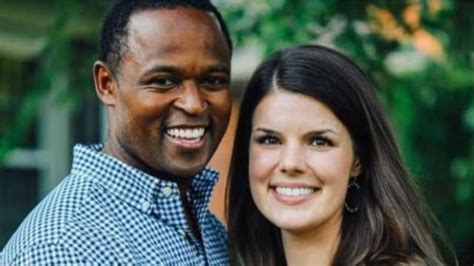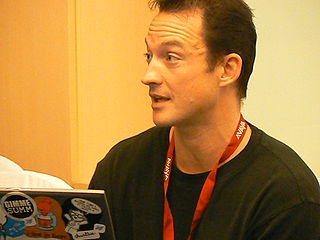A Quote by Daniel Cameron
This is the Ben Crump model: He goes into a city, creates a narrative, cherry picks facts to establish, to prove that narrative, creates chaos in a community, misrepresents the facts, and then he leaves with his money, and then asks the community to pick up the pieces.
Related Quotes
[The scientist] believes passionately in facts, in measured facts. He believes there are no bad facts, that all facts are good facts, though they may be facts about bad things, and his intellectual satisfaction can come only from the acquisition of accurately known facts, from their organization into a body of knowledge, in which the inter-relationship of the measured facts is the dominant consideration.
There's some ambient music that doesn't do anything. I wouldn't say that that's narrative. It is narrative in that it creates a sort of world where nothing happens, where really nothing happens, so you become a different person after hearing eight minutes of exactly the same thing. Yes, I hear music all the time in which one idea is strung together to another idea, and I feel that such music is non-narrative.
Because I love narrative but am more lyrically inclined, I've learned that if I freight titles with narrative information (the who, what, when, where, why of the poem), I can get to my main interest, which is the language, and where it wants to take me. If I can establish the poem's occasion in the title, then so much the better for my freedom to associate.
































